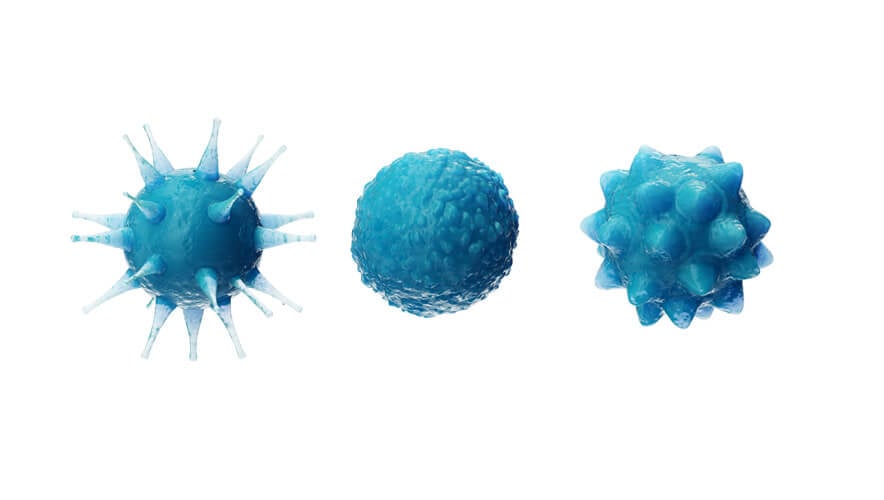Multi-Crisis Management
The Democratic Republic of the Congo (DRC) is currently facing a triple threat: Ebola, measles, and militant attacks. On 1 August 2018, an Ebola outbreak was officially declared in the DRC. By the end of 2019, health workers had mitigated the spread of the virus in all but a few remaining hot zones. But on 28 November, unidentified armed assailants attacked the offices and living quarters of several Ebola response teams, killing three workers and forcing others to evacuate—which led to a resurgence of new Ebola infections.
Between August 2018 and December 2019, more than 3,300 people in the DRC had been infected with Ebola, making it the worst outbreak on record for Congo and the second worst worldwide, after the Ebola outbreak in West Africa that lasted from 2013 through 2016.
The physical attacks targeting healthcare workers have set back Ebola response in the DRC, according to World Health Organization (WHO) Field Coordinator Dr. Marie Roseline Belizaire. She told NPR that response teams have had to cut back on time they spend in areas where Ebola is spreading—the teams relocated to cities hours away from outbreak locations and could no longer check in daily.
The difficulty in containing the Ebola outbreak early lay in the country’s isolated response—Ebola response work was outsourced to specialized temporary teams instead of embedding it into preexisting health centers, NPR reported. Late in the crisis, response has shifted more toward community health centers, which has fostered more trust and acceptance from citizens.
Meanwhile, measles has killed more than 6,000 people in the DRC in what the WHO has called the “world’s worst measles epidemic.” Battling the twin epidemics of measles and Ebola has proven exceedingly challenging for officials the DRC and international health organizations, especially given distrust of health systems and militia conflict in some provinces.
Around 310,000 suspected measles cases have been reported in the DRC since 2018, and a shortage of funds remained an impediment to curb the outbreak, the WHO said in a statement in January 2020. Although the WHO and its international partners have vaccinated 18 million Congolese children under the age of 5 against measles, routine immunization is still low, and the WHO said it would need a further $40 million—in addition to the $27.6 million already mobilized—to include children older than 5 in vaccination programs.
In the statement, the officer in charge of the WHO office in the DRC, Dr. Amédée Prosper Djiguimdé, said that more effort is needed to address the health crises in the country. “We recognize the government’s engagement in the efforts to end the outbreak, and we are grateful for the generosity of our donors,” Djiguimdé said. “Thousands of Congolese families need our help to lift the burden of this prolonged epidemic from their backs. We cannot achieve this without adequate finances.”
In January 2020, the WHO announced that 60 additional health workers were being deployed across the DRC to assist in epidemic response and conduct community engagement.
The Global Health Security (GHS) Index recommended that domestic financing for health security be urgently increased, made transparent, and tied to benchmarks within national action plans. In addition, international leaders should examine the availability of financing to support rapid and complete outbreak response, and the United Nations should track and publish outbreak-related costs and contributions, the GHS Index said.
Read more about how organizations and security professionals respond during health crises in the March 2020 Security Management cover story, "In a Pandemic, Preparation Hinges on Prevention."
